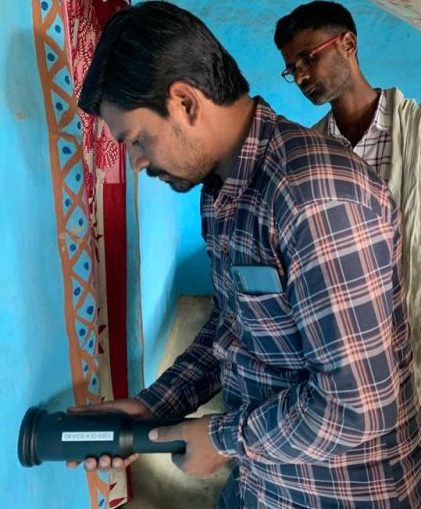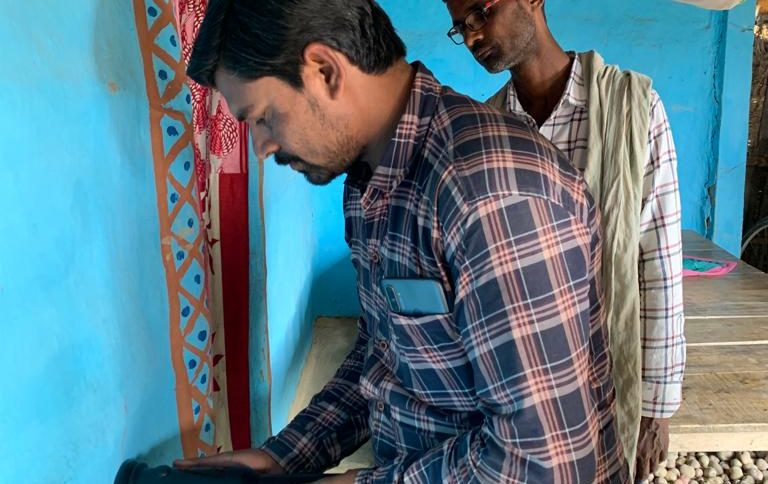- Find our latest Case Studies
- Our Platforms
Our Platforms
- Platform 1: Bioactives Library – Shaping novel antimicrobial products
- Platform 2: Hits to Leads – Developing new innovative antibiotics
- Platform 3: Organoid modelling – Enhancing drug discovery
- Platform 4: Advanced AMR Modelling
- Platform 5: Human Challenge – Small scale clinical trials
- Platform 6: Diagnostics
- Platform 7: Randomised Control Trials
- Platform 8: Mapping and Modelling
- Platform 9: Nanotherapeutics
- Platform 10: Antibody Humanisation
- Platform 11: Long-Acting Therapeutics
iiTECH Case Study: IRS Sensor for Quality Assurance in India

iiCON’s Infection Innovation Technology Laboratory: iiTECH is collaborating with LJMU, Care-India, EDCD, and DPHO-Nepal to pioneer the development of a portable handheld microwave (MW) sensor. This groundbreaking sensor aims to enhance the efficacy of insecticide indoor residual spraying (IRS) for the purpose of elimination of Visceral Leishmaniasis in Southeast Asia.
The sensor is designed to accurately monitor the concentration of alpha-cypermethrin on various wall surfaces and has undergone rigorous validation for implementation in both India and Nepal.
The operational process involves the application of dosed filter papers during standard spraying routines, followed by High-performance liquid chromatography (HPLC) analysis to calibrate and authenticate sensor readings.
The technology incorporates a straightforward LED system to signify inadequate spraying, accurate spraying, or excessive spraying, enabling comprehensive assessment of the spraying quality. The sensor development work and validation in India was funded by the Gates Foundation.


